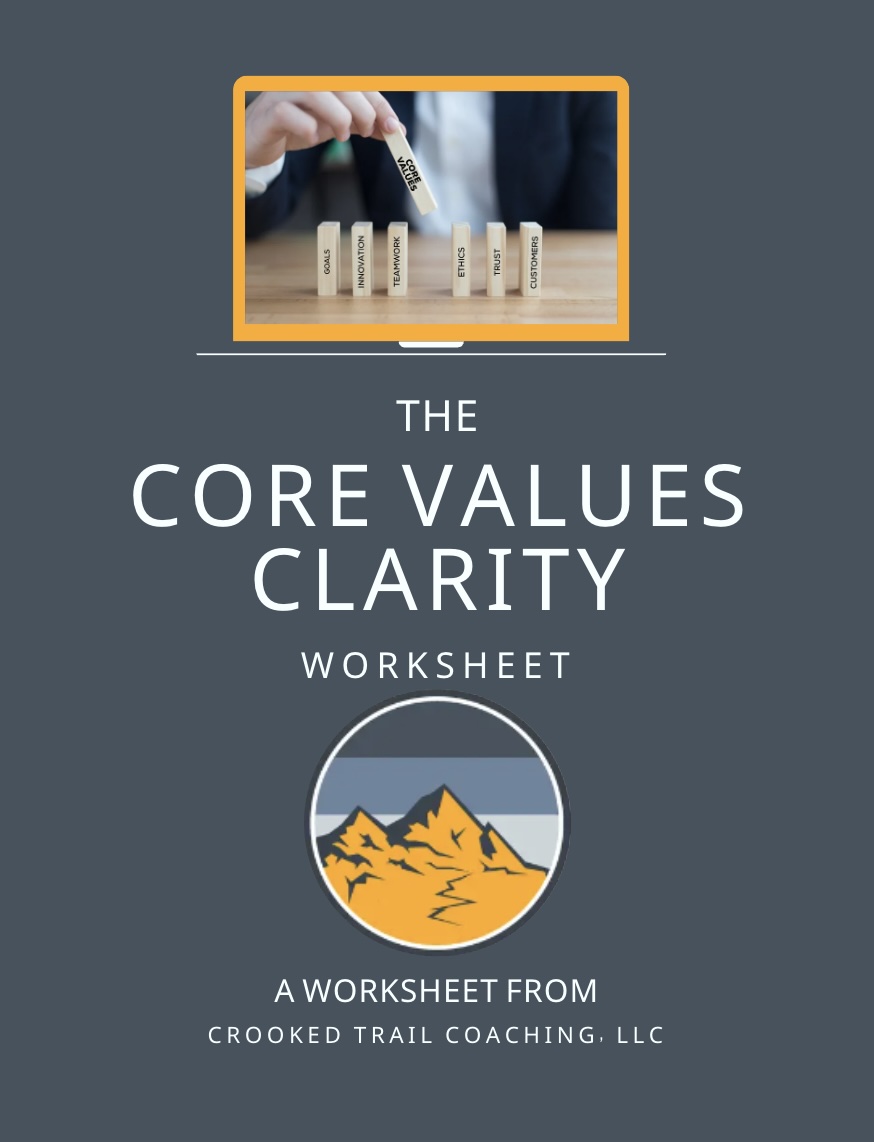I roll the ball toward the bin. The place where we always put it away.
And without fail, a kid runs up and boots it in the opposite direction.
Rebellion? Mischief?
It’s a fixed action pattern– and we all have them.
We’re wired to respond to certain cues with certain actions, even when they don’t make any damn sense in context. That kid isn’t thinking “I’d like to undermine the collective clean-up effort.” They’re reacting. Ball + movement = kick. It’s a script that runs without conscious input.
And adults? We’re not much better. Especially in the aftermath of a major life shift- like divorce, job loss, or the kind of identity change that leaves us wondering what the hell happened to our life- we fall back into those same kinds of pre-programmed responses.
Just with higher stakes than a stray playground ball.
Fixed Action Patterns: A Quick Tour of the Duck Brain
The term fixed action pattern comes from the work of Konrad Lorenz and Niko Tinbergen, who studied instinctual behavior in animals. Their most famous example: a goose will try to retrieve anything that rolls near its nest- an egg, a golf ball, even a beer can- using the same head and neck motions as if it were one of her own.
It doesn’t matter what the object is. The cue activates the pattern.
It’s automatic. Predictable. Efficient.
And completely dumb if you’re dealing with a beer can.
Humans have evolved a bit beyond goose logic- but not as far as we like to think.
We have our own behavioral shortcuts:
- Saying “I’m fine” when we’re falling apart.
- Scrolling social media instead of sitting with hard emotions.
- Pouring a glass of wine instead of asking what do I actually need right now?
These aren’t bad behaviors. They’re just mismatched to the moment. And when you’re in survival mode, mismatched behavior is the norm.
Why Transitions Make Us Dumber: The Motivational Triad in Action
Let’s talk about what’s happening under the hood when life blows up.
In coaching, I often refer to the motivational triad– a basic framework from evolutionary psychology that says the brain is always trying to:
- Seek pleasure
- Avoid pain
- Conserve energy
That combo made perfect sense on the savannah. Not so much when you’re dealing with divorce paperwork and a mountain of emotional debris.
Here’s how it shows up:
- You’re overwhelmed (avoid pain), so you binge-watch instead of calling a friend.
- You’re exhausted (conserve energy), so you eat takeout again instead of cooking.
- You’re lonely (seek pleasure), so you text someone you know isn’t good for you, just for the temporary dopamine hit.
The motivational triad doesn’t care if the behavior aligns with your values. It just wants relief now.
So you revert to your default settings.
And the trouble is, those settings were probably installed when you were trying to survive something else. They’re out of date. But because they worked once- barely- you run them again.
Interrupting the Loop: You Can’t Change What You Don’t Notice
The first step out of a fixed action pattern is not a grand reinvention. It’s awareness.
Start by asking:
- Am I doing this because it serves me now- or because it’s what I’ve always done?
- What feeling am I trying to avoid right now?
- What would a values-aligned version of me do instead?
In my coaching work, I see this all the time. Someone’s trying to rebuild after divorce, but they’re stuck in the same old loop: overworking, over-giving, or avoiding the hard stuff because their brain says, “This is familiar. This must be safe.”
Except it’s not.
Familiar ≠ aligned.
Safe ≠ growth.
The Ball Still Gets Kicked- But Maybe Not Every Time
You don’t need to eliminate all your patterns. Some of them are helpful. But when you’re trying to rebuild your life- or even just your Tuesday- you need to start checking whether your actions reflect:
- Your values
- Your intentions
- Your vision for what comes next
Otherwise, you’re just kicking the same damn ball.
Final Thought (and an Invitation)
You’re not broken. You’re just running a program. And you get to rewrite it.
If you’re noticing some of your own ball-kicking moments and want help realigning with your purpose and values, I’d love to talk. You don’t need a full life overhaul- you just need a better map.
Curious where your patterns might be pointing you?
If this resonated and you’re wondering whether your current habits align with your deeper values and goals, I created a simple tool to help.
The Life Adventure Compass Assessment is a short self-check designed to help you see where you’re thriving, where you’re drifting, and what’s worth recalibrating.
No sales pitch. No inbox overload. Just a way to pause, reflect, and realign with what matters.
Because real direction starts with asking the right questions.



